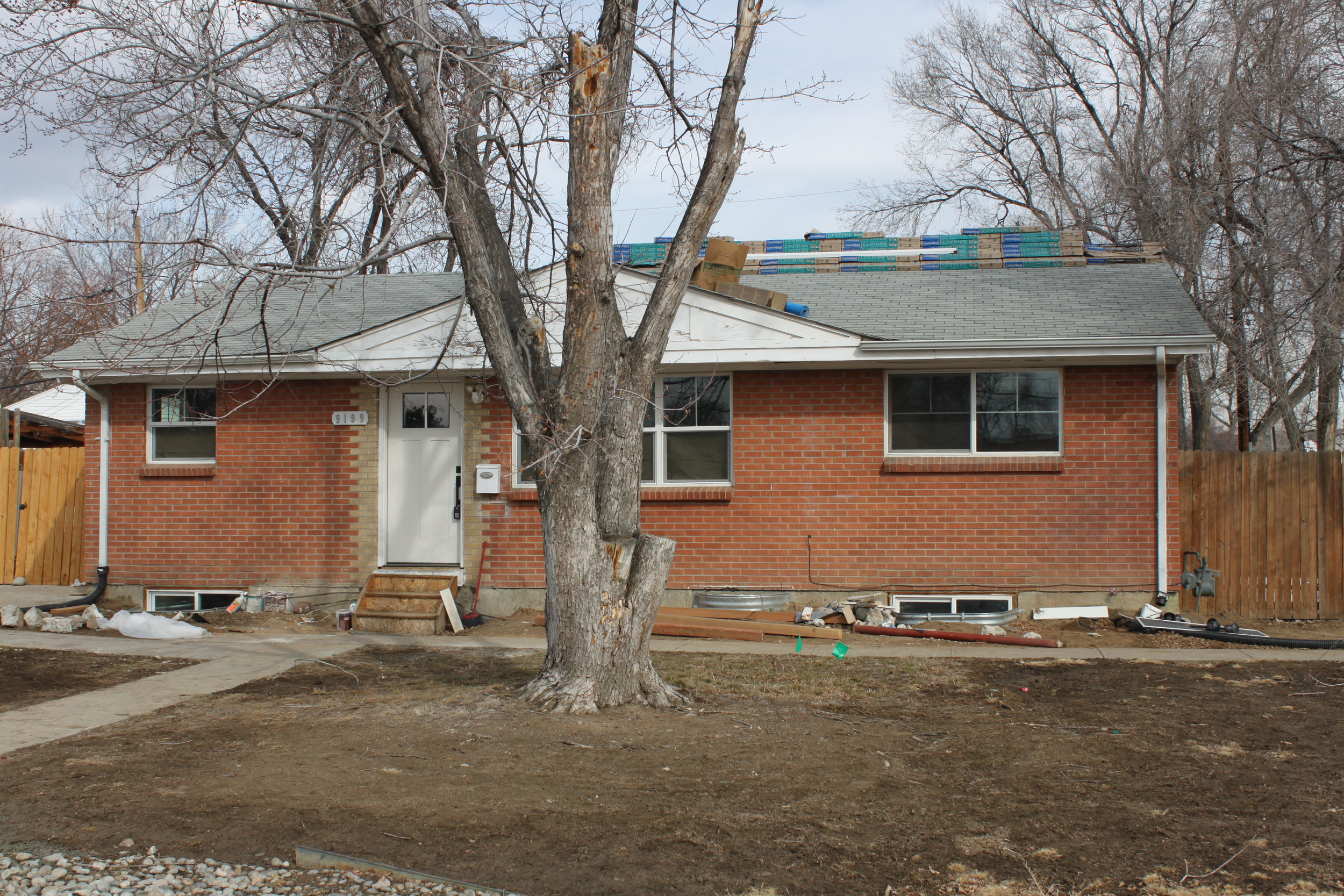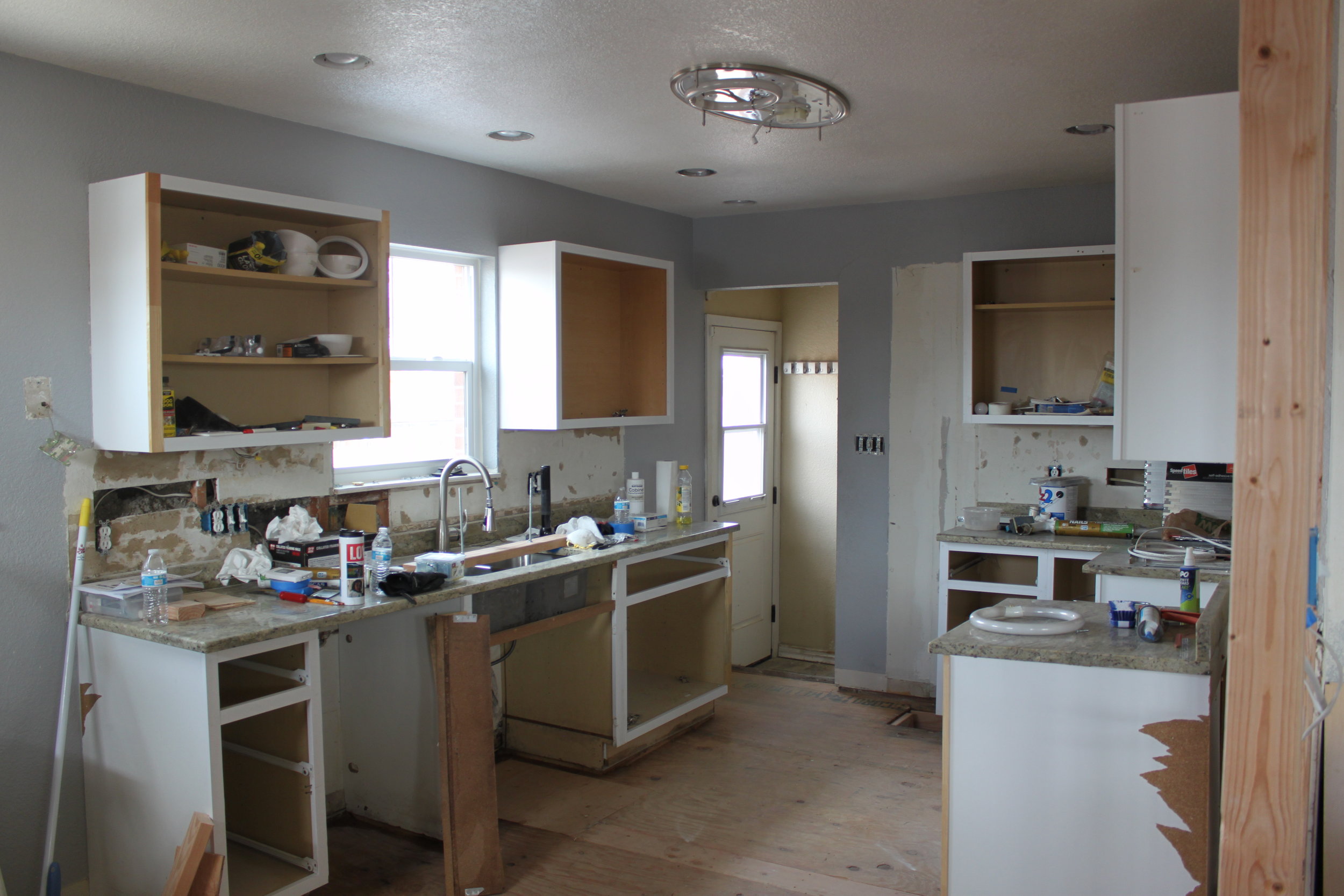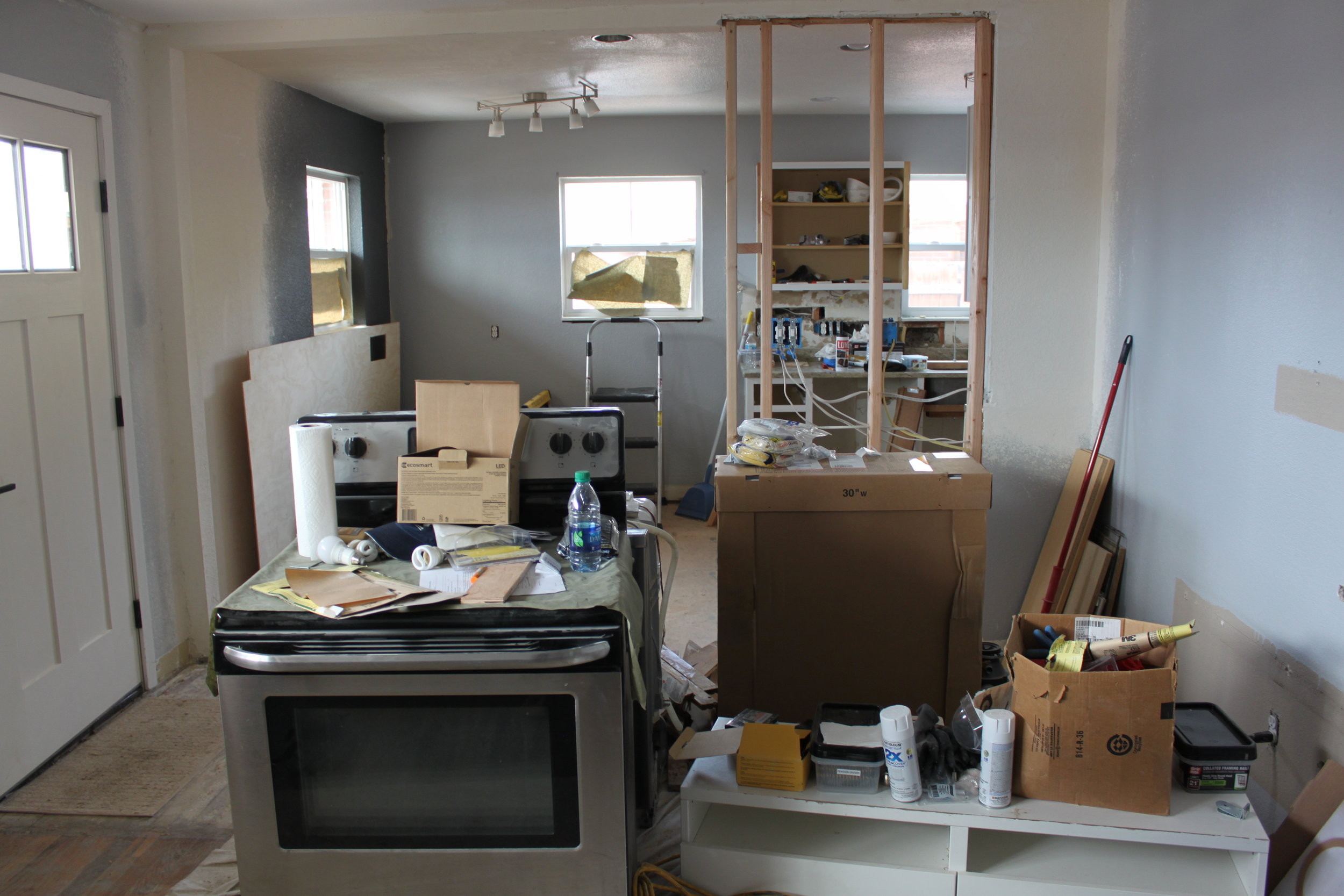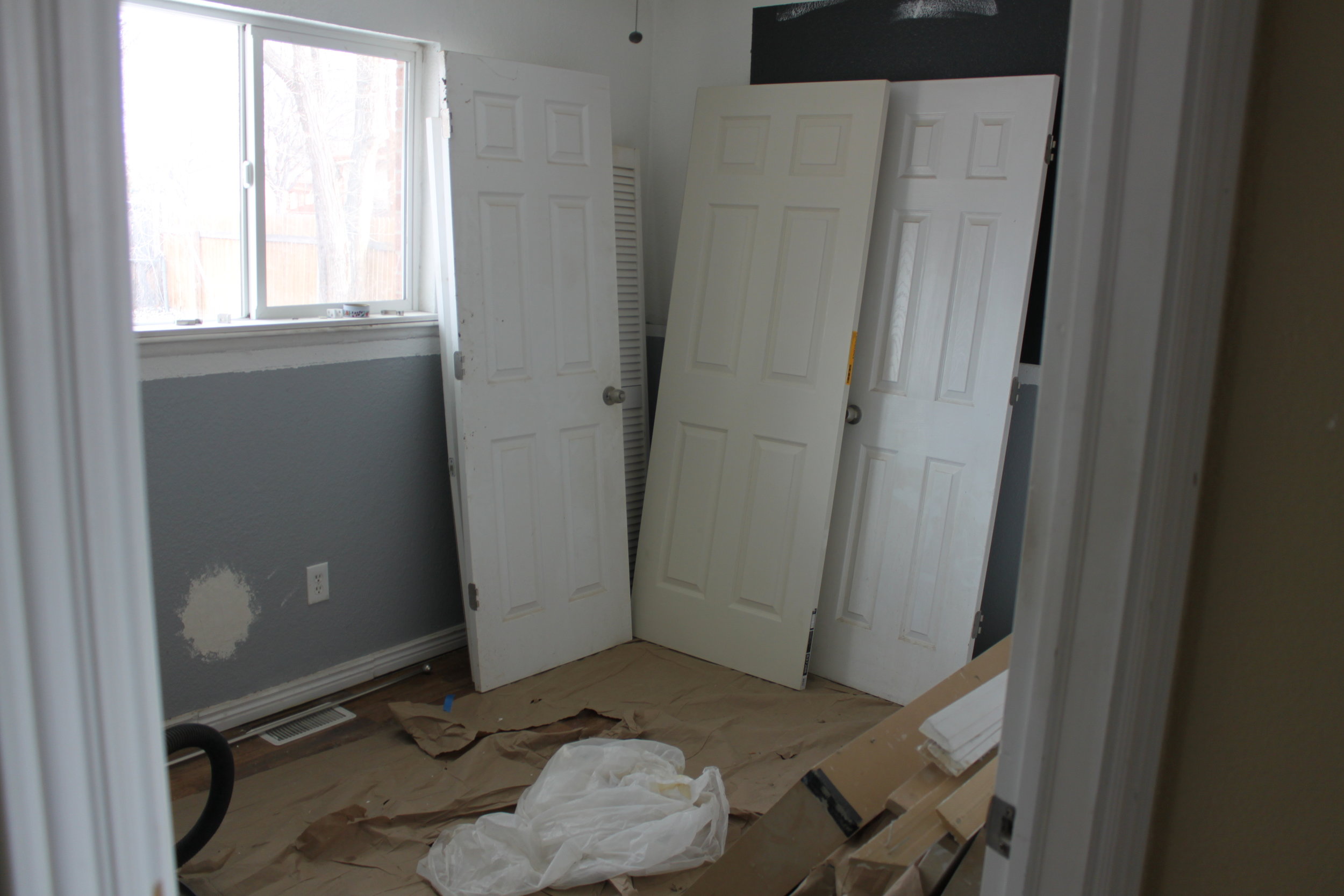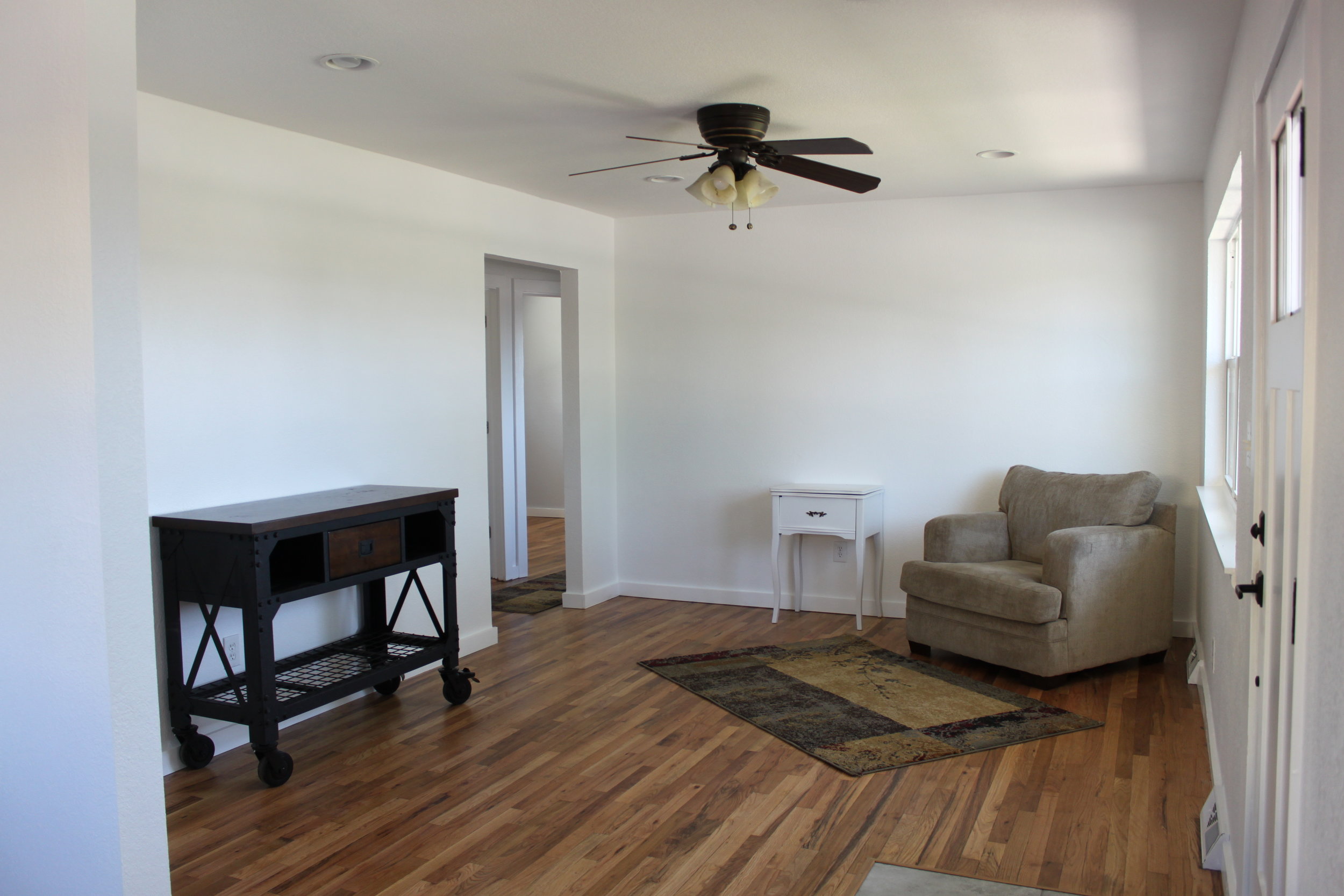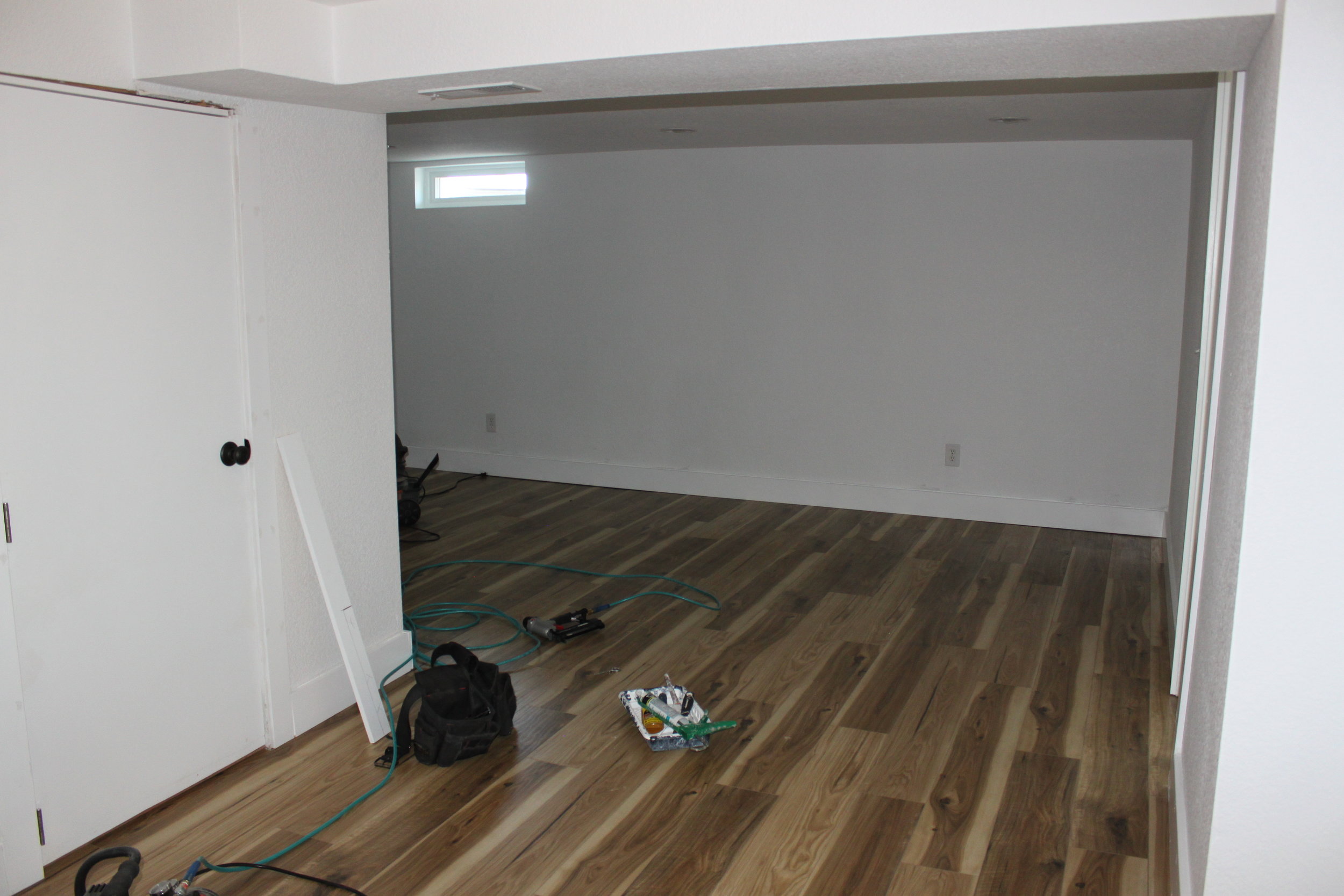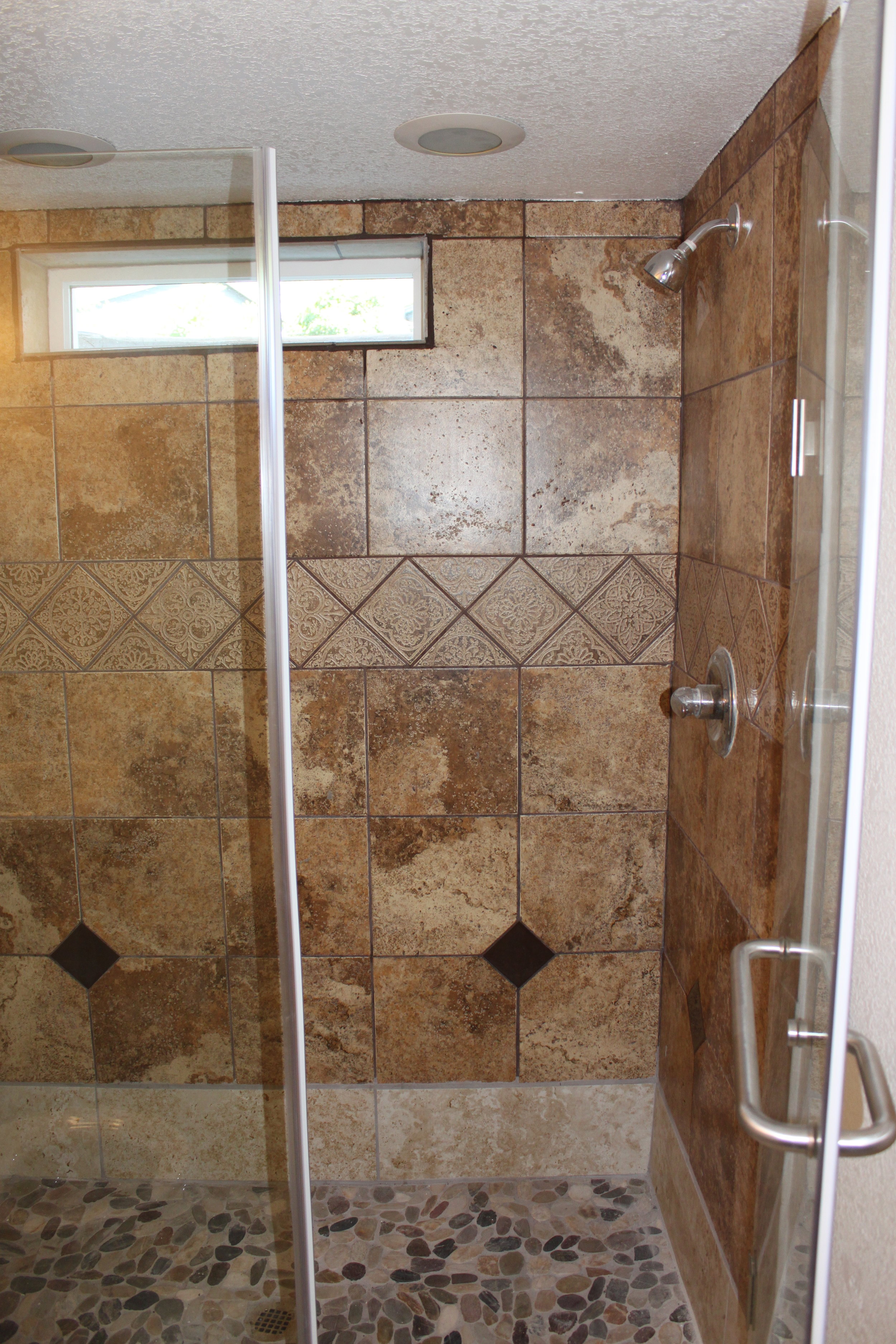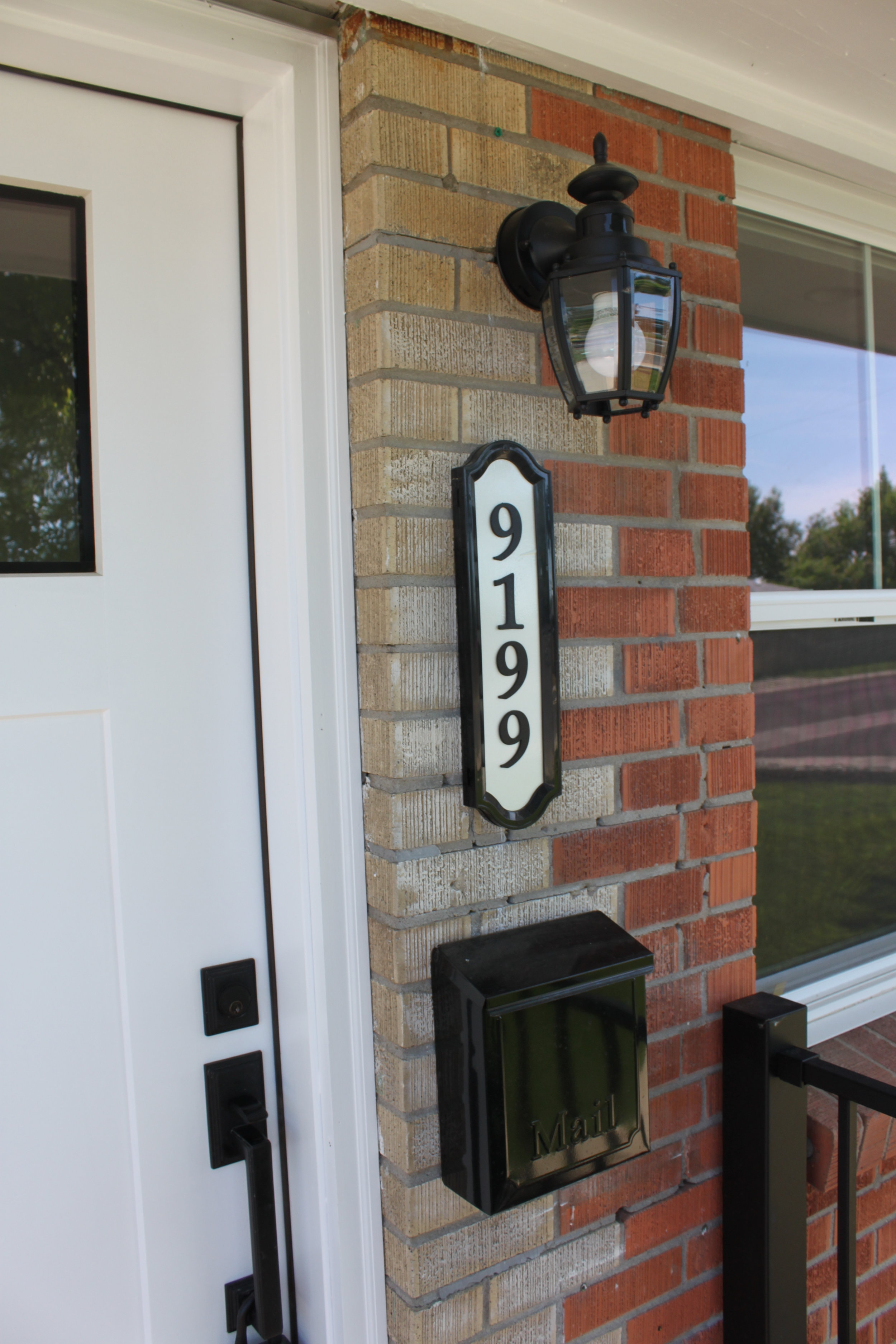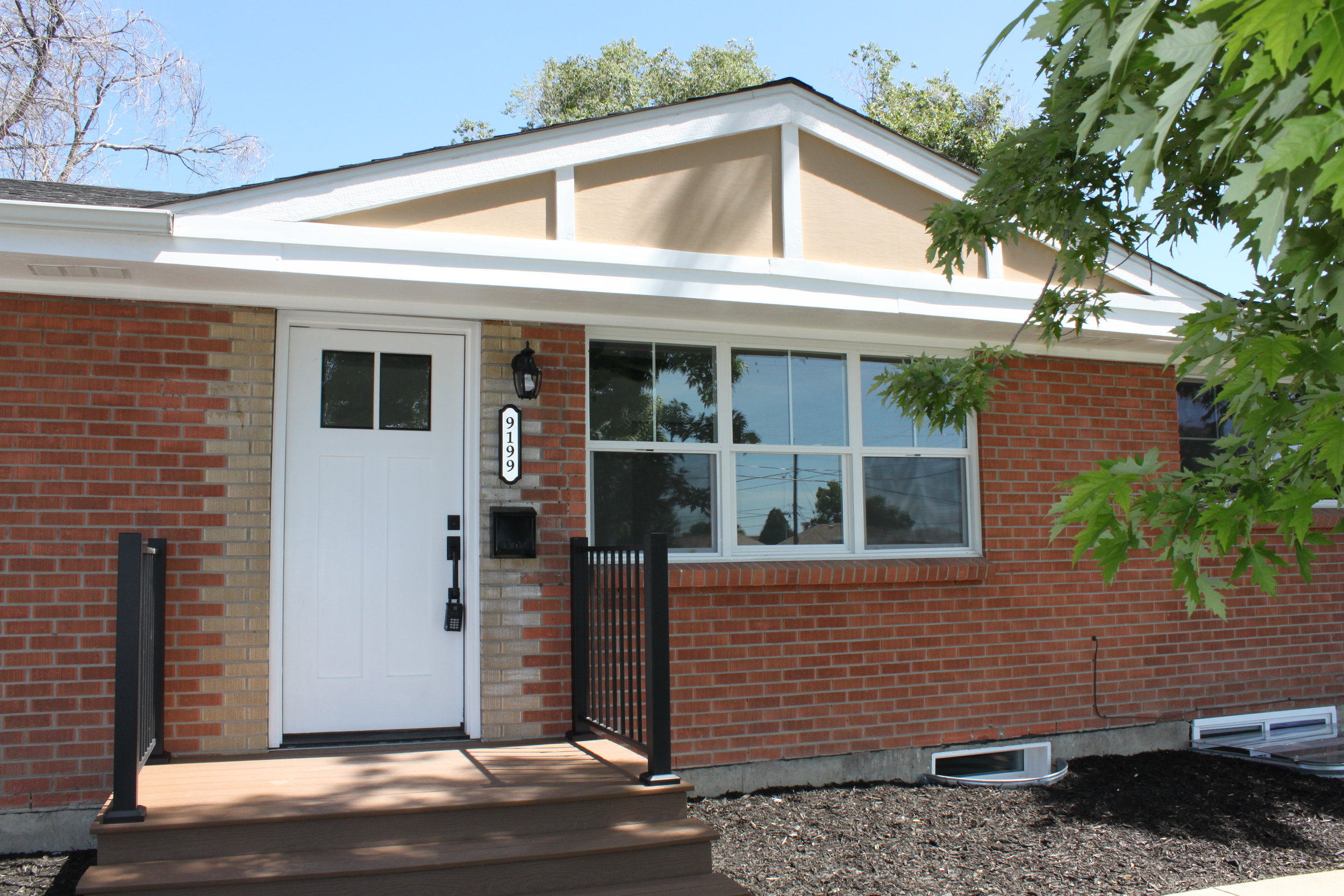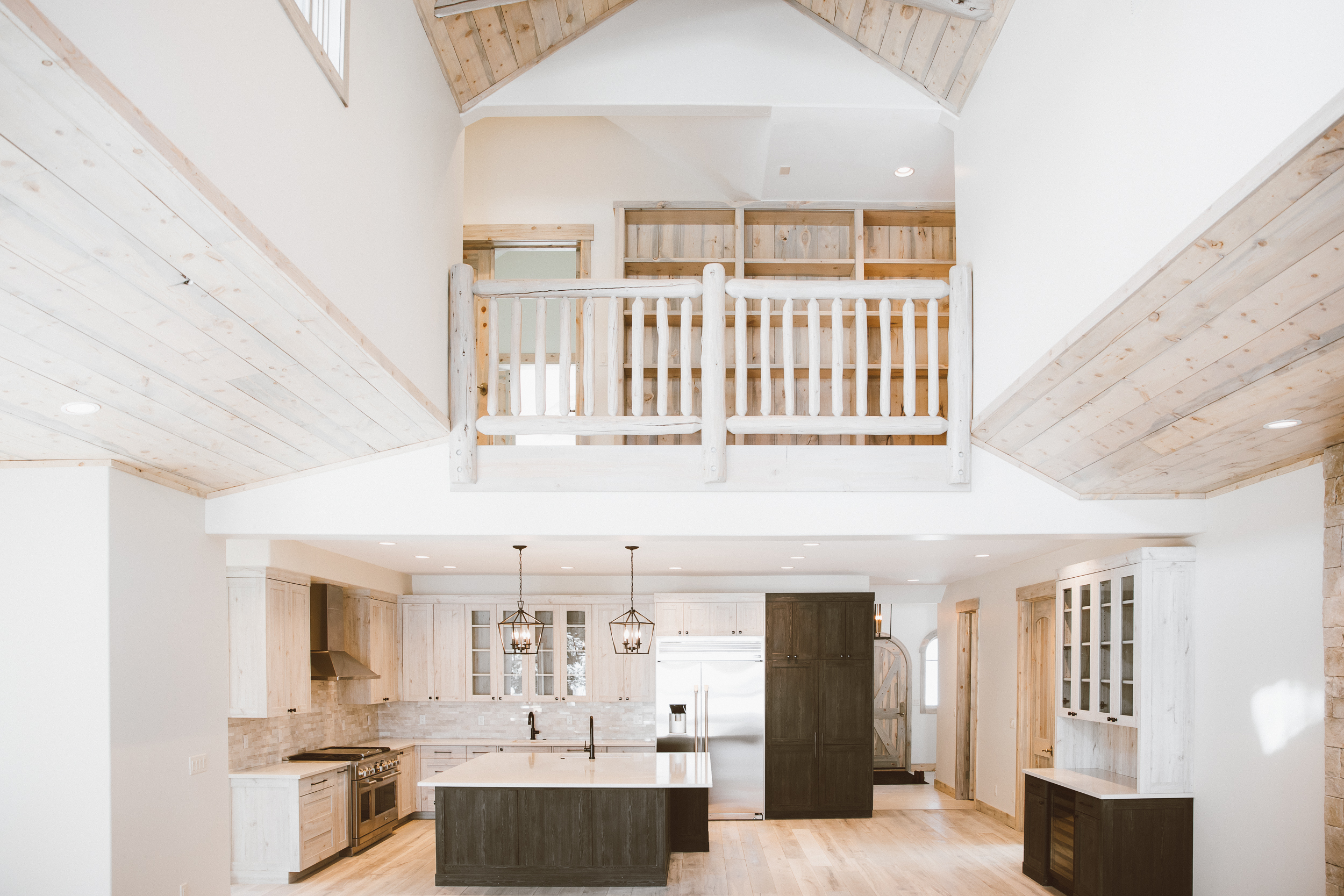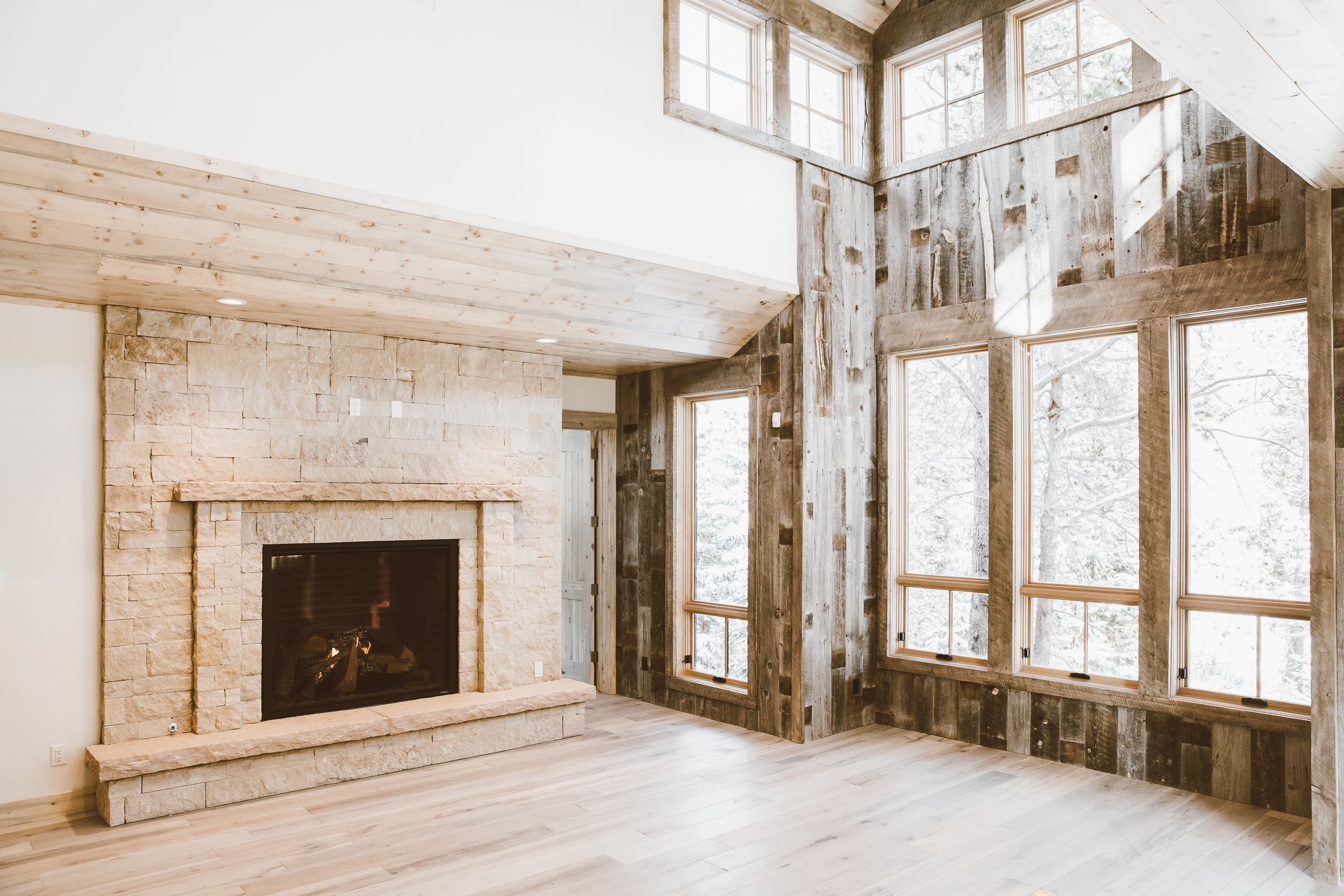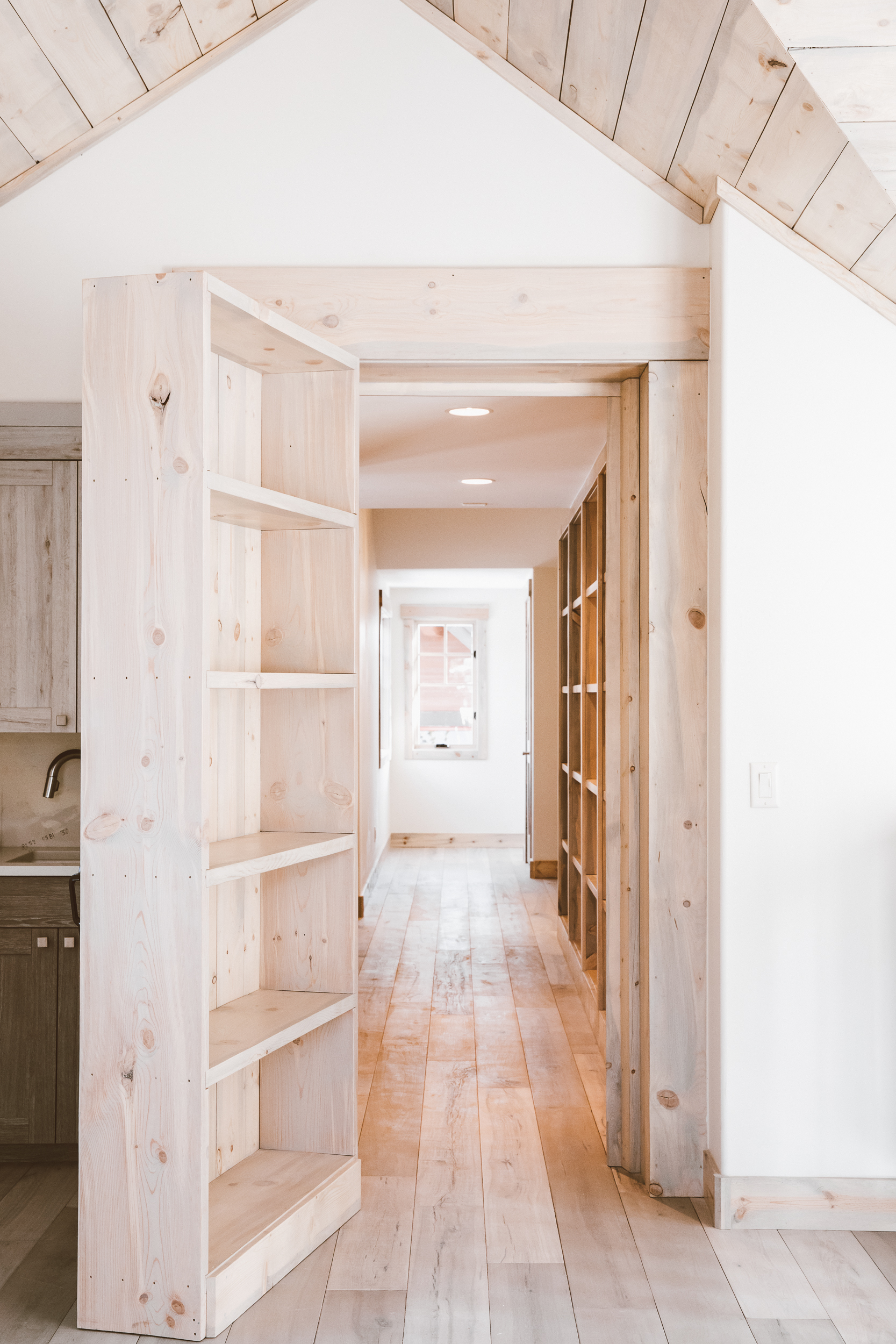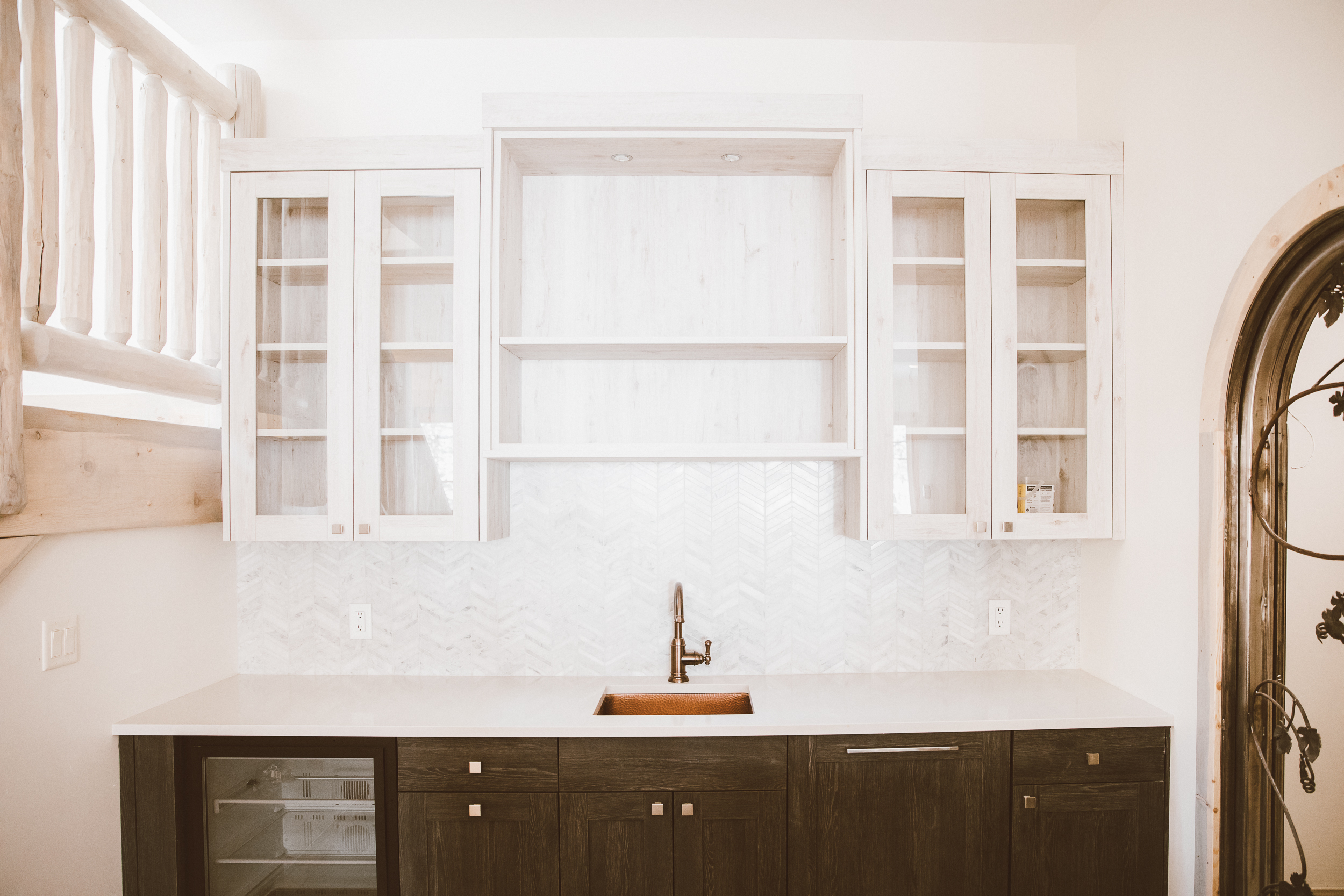what is the most important part of the hard money application?
/hard money or private money has different requirements than conventional or bank money
Because hard money lenders have a different focus than bank money, the weight of different elements of the application is varied.
A hard money lender wants to focus on the deal - tell us about the property. This is a part of the application that the lender will want you to be an expert on. It will give them pause if there are questions you have not thought about or you don’t know. Things to consider:
Purchase Price or Maximum Offer Price
After Repair Value - what will it be worth after you improve it?
Exit Strategy
will you be fixing and flipping the property? your exit strategy is the sale.
will you be improving and renting the property? your exit strategy may be a refinance.
are you expecting another property to sell or a large cash inflow? you may be planning to pay off the loan direct with the lender.
What are your planned improvements on the property? And what will that cost?
are you adding square footage?
replacing appliances?
repairing structural issues - like roof or foundation?
if you are improving vacant land, have you met with the building authority for what they will require and what entitlements will cost?
based on the comparable properties surrounding the area, what do the improved homes have that your home needs?
Do you have reserves for if things are more expensive or go wrong? any built-in contingency plans? are there things you can save on without affecting the future repair value?
You can make your future lender feel more comfortable by being an expert on your deal. They will place less weight on your personal financial picture. If you don’t know an answer, just make sure that you can get that information to your lender in a timely fashion. Do not make up an answer if you don’t know it. If there is a problem on the property in the future, your honesty will be very important to your lender. This will make for a much better working relationship.




